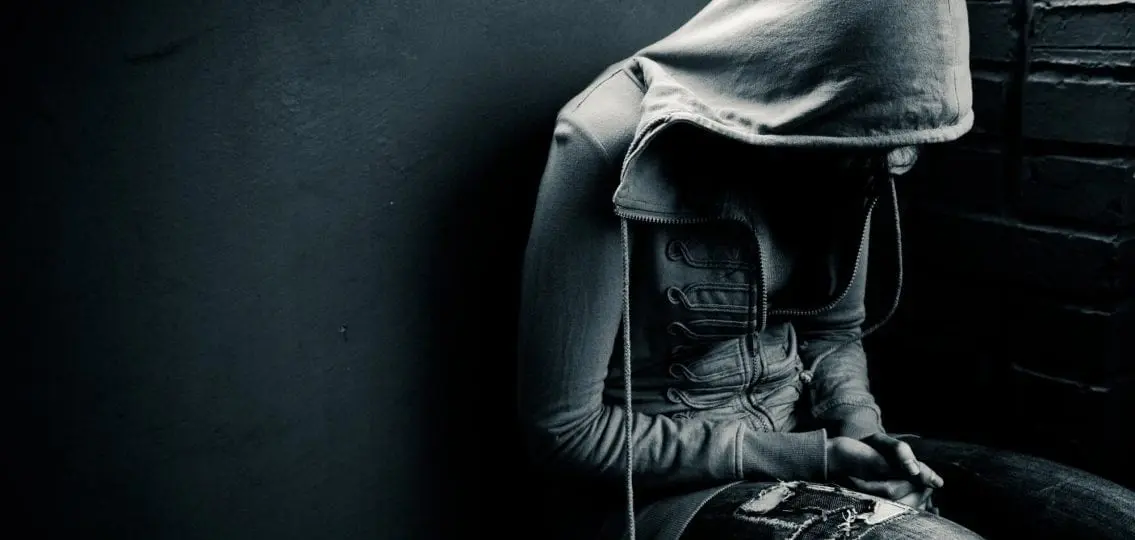Beginning a discussion about teen depression and suicide can be difficult, for both parents and teens. Moreover, not every parent will approach the conversation in the same manner.

Two Ways to Begin a Conversation About Suicide
Two different expert sources suggest different approaches for dealing with children with suicidal thoughts.
The Direct Approach
Pat Lyden of Suicide Prevention Education Alliance of Northeast Ohio suggests that parents ask the question directly. “If your child seems hopeless or depressed, ask the suicide question: ‘Are you having thoughts of suicide?’ You will not be putting ideas in their head. If the answer is ‘no,’ they may still need treatment for depressive illness or bipolar disorder.”
The Subtle Approach
The Youth Suicide Prevention Program of Washington State offers some less direct opening lines that may effectively engage your teen in a dialogue about depression and suicide.
- Comment on their behavior without judgment: “I’ve noticed that you have been looking sad for several days.”
- Invite your teen to talk about his or her feelings: “Tell me what’s going on.”
- Allow your child to do most of the talking.
- Avoid unkind words such as, “You get everything you want; what do you have to be depressed about.”
- Ask one question at a time and wait for the answer before continuing; be comfortable with silence.
- Offer reassurance to them. “I’m on your side…we’ll get through this together.”
- Inform your teen about resources available in the community, i.e. the school nurse or counselor, a teacher, the family doctor or a church group leader they can talk to.
- Develop a plan of action. What does your child agree to do? What are you committed to doing for them? When will the two of you talk again? Do you need to seek professional help?
- Communicate your love and acceptance of your teen’s feelings and acknowledge the courage that it takes to talk about the “hard things.” Share your willingness to talk again.





